Healing Through The Quran With Female Quran Reciters
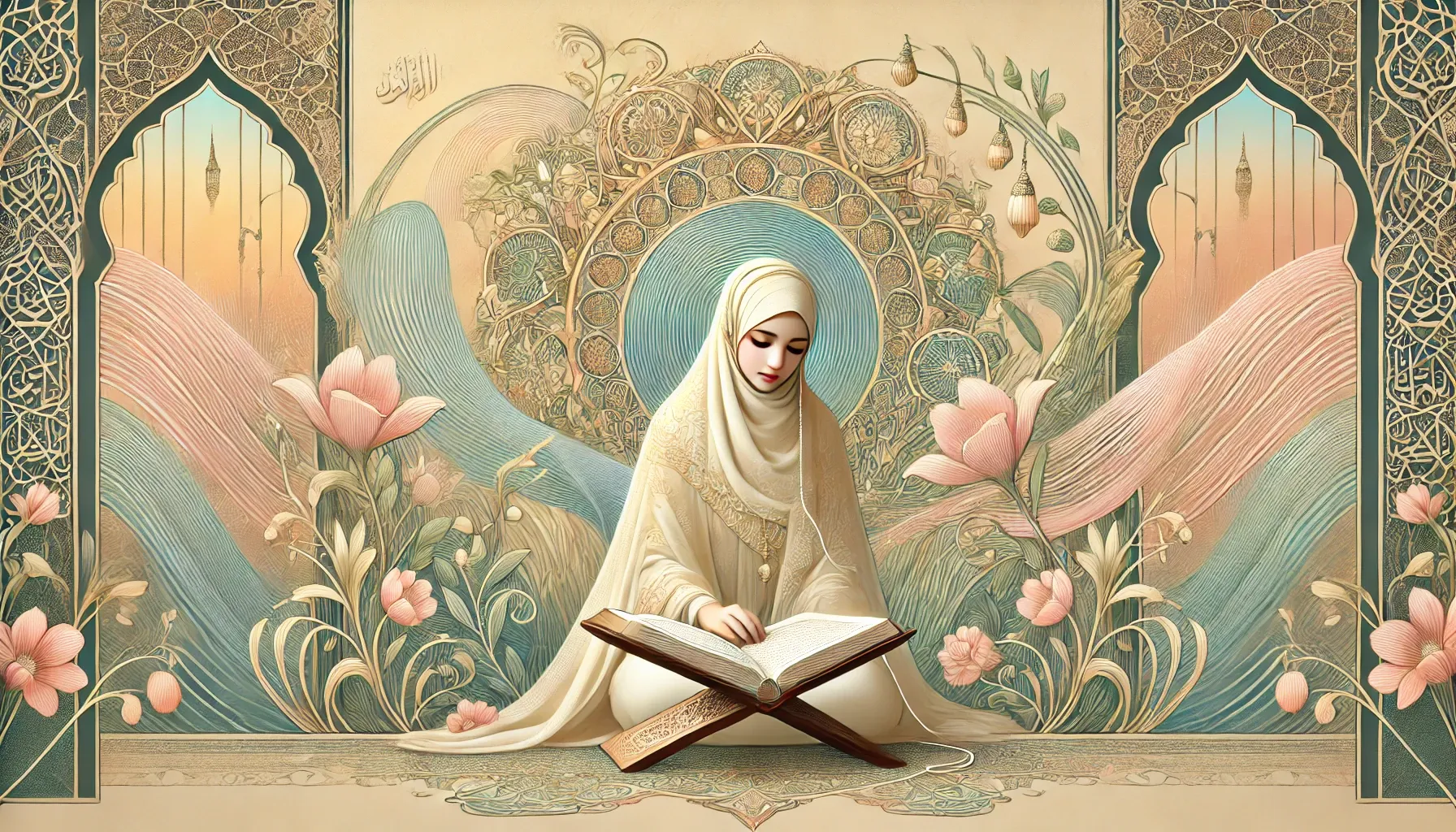
Did you know that the Quran is not only a holy guide but also a healing source for us?
The recitation of the Quran is not only a religious practice but also serves as a form of sound healing, using the human voice's vibrations to promote physical and emotional wellness. The rhythmic and harmonic cadences of Quranic recitation are believed to have profound healing effects on listeners.
In this blog post, we'll talk about the healing power of the Quran through the voices of female Quran reciters so that we can empower women's contributions to the Quran recitation.
Table of Contents
1. The Holy Quran as Sound Healing
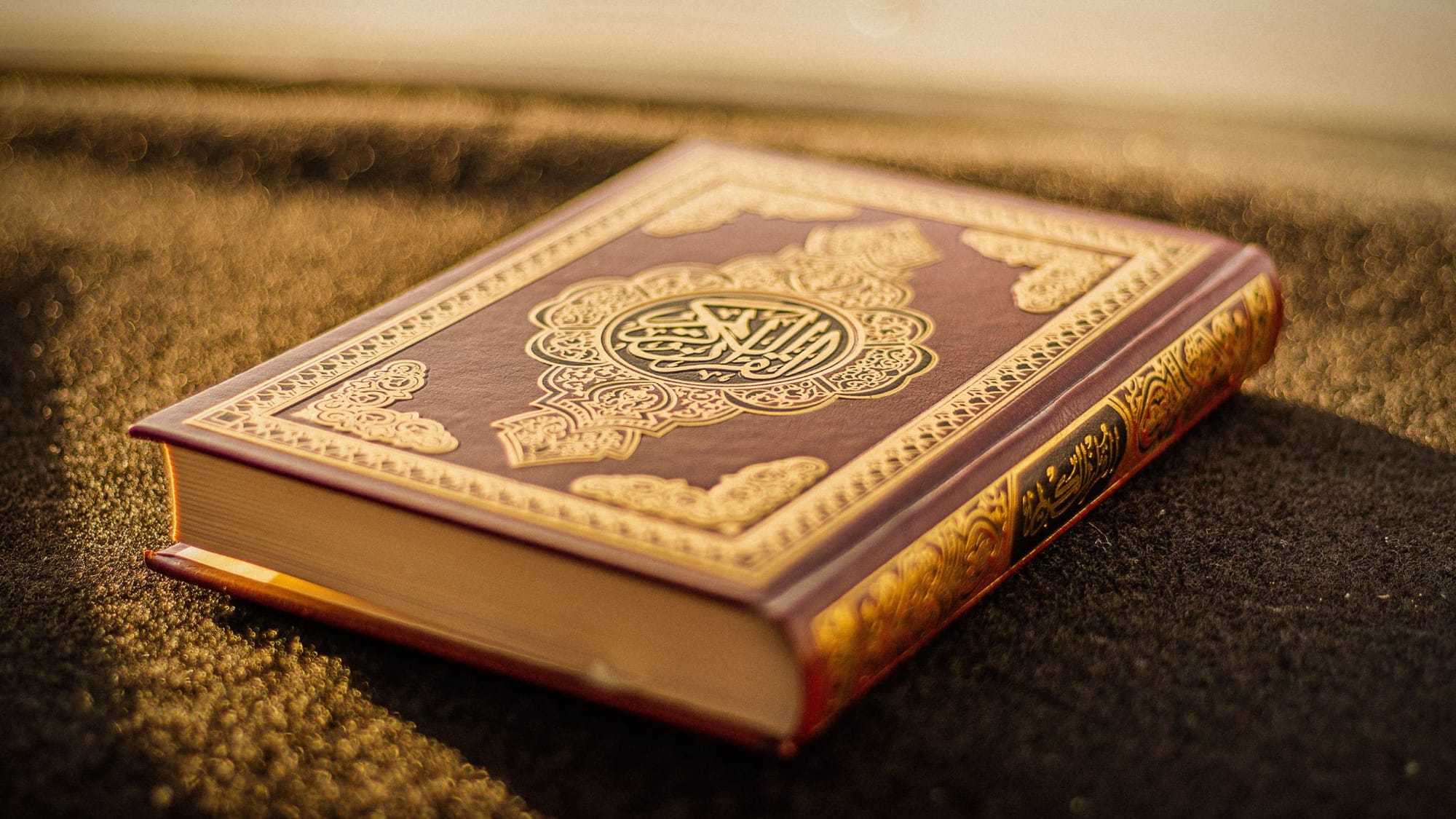
The recitation of the Quran transcends mere vocalization of sacred texts; it is an intricate interplay of sound frequencies that can deeply influence the human psyche and body.
The act of listening to these recitations activates specific responses within the brain, promoting relaxation and reducing stress levels. This is not just a spiritual experience but a physiological one, with the rhythmic patterns of Quranic recitation helping to synchronize brain waves and create a meditative state.
From a scientific perspective, sound healing works by utilizing certain frequencies that can potentially align bodily systems to operate more harmoniously. The tonal quality and modulation used in Quranic recitation are similar to those found in therapeutic sound techniques, which use vibrations to aid in healing processes. These vibrations can stimulate the release of endorphins, enhance immune response, and improve circulation, which all contribute to physical and mental health.
Spiritually, the Quran's recitation is believed to purify the heart and soul, offering comfort and solace. Many people report a sense of peace and grounding during and after listening to the Quran, further supporting its role as a form of sound therapy.
This dual benefit of Quranic recitation, where spiritual fulfillment intersects with physical healing, makes it a uniquely powerful practice in the realm of holistic health.
Read Also:

2. The Art of Quran Recitation
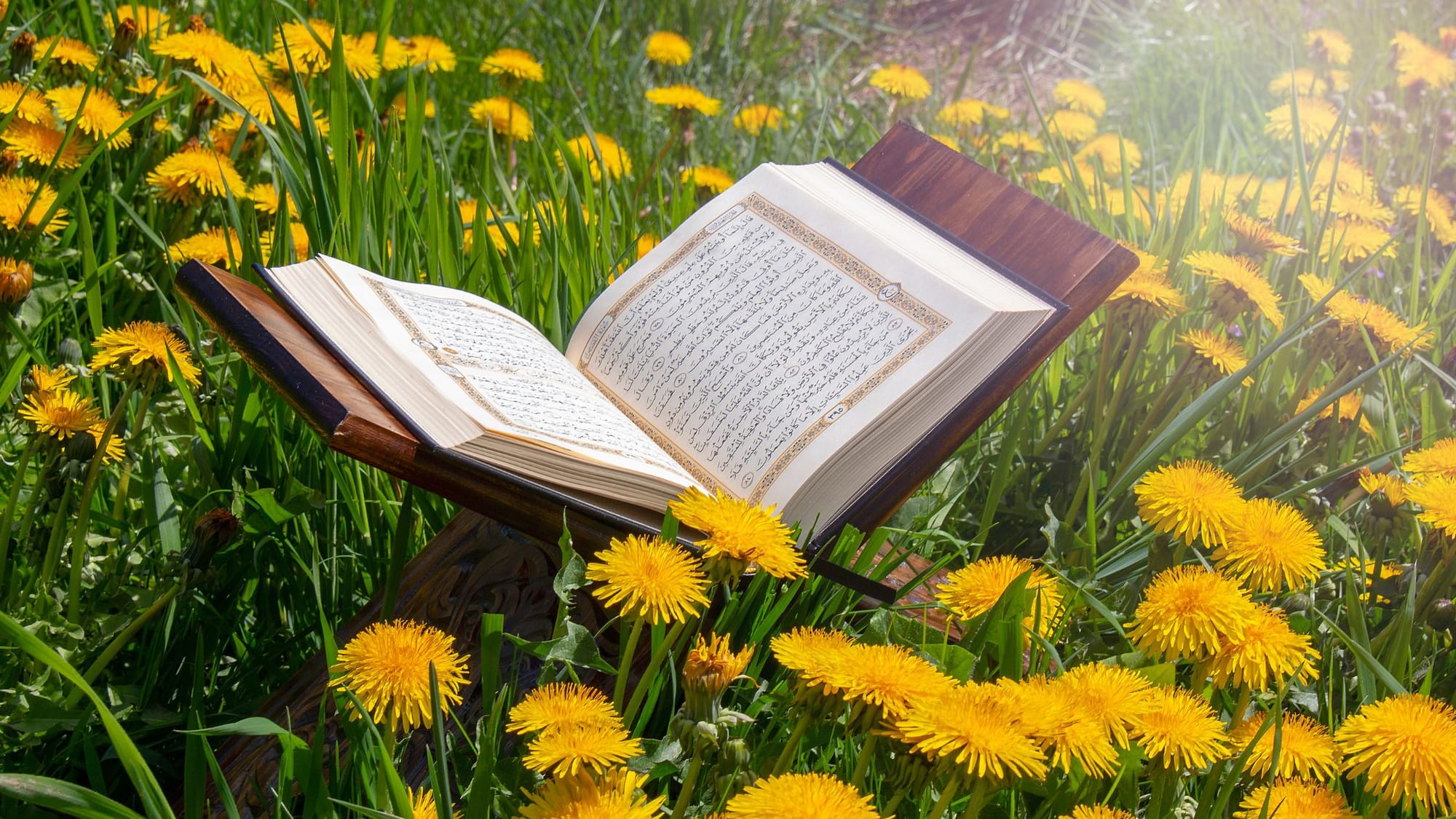
Quran recitation is governed by Tajweed, an Arabic term meaning "proficiency" or "doing something well."
Tajweed involves the application of a set of rules for the correct pronunciation of the letters with all their qualities and applying the various traditional methods of recitation. These rules dictate how each letter is sounded and ensure the pronunciation is clear, correct, and beautiful.
Tajweed is crucial as it preserves the meaning and integrity of the Quranic text, preventing misinterpretations while enhancing the recitative experience both for the reciter and the listener.
The act of reciting with Tajweed involves modulating one's voice, controlling the breath, and maintaining rhythm, which can be an intensely spiritual practice. This meticulous articulation transforms recitation into a meditative act, allowing reciters and listeners alike to connect deeply with the words of the Quran.
Emotionally, this can stir feelings of awe, bring comfort during times of distress, and evoke a deep sense of spiritual connection.
Furthermore, the beauty of Quranic recitation often moves listeners to tears, particularly during powerful surahs that resonate with personal struggles or divine attributes. This emotional response is not merely a reaction to the sound itself but a profound interaction with the meaning conveyed through impeccable pronunciation and heartfelt intonation.
This combination of technical skill and emotional depth in Tajweed elevates Quran recitation to an art form that transcends mere reading, making it a powerful conduit for both spiritual insight and emotional healing.
Read Also:

3. Quran Recitation For Healing Purposes By Female Reciters
To Prevent Hassad (The Evil Eye), Magic, and Jinn
Quranic recitation is often sought for spiritual protection against the evil eye, magic, and jinn.
Specific Surahs and verses, such as Surah Al-Falaq and Surah An-Naas, are frequently recited for their protective properties. These verses are believed to invoke God's protection against the malice of both human and supernatural sources.
The practice involves reciting these Surahs in a series of rituals, often combined with prayers and supplications, to cleanse oneself or one’s surroundings of harmful influences.
Read Also:

For Rizq (Sustenance and Blessings)
(Yunus, 10:57)
The concept of Rizq encompasses not just material wealth but also blessings like health, family happiness, and knowledge.
Surah Al-Waqi'ah is popularly recited with the belief that it increases Rizq. Many people recite this Surah nightly with the faith that it will bring them God’s favor in the form of abundant sustenance.
The underlying belief is that the recitation of the Quran opens up spiritual channels, inviting divine blessings and increasing one’s capacity to receive both worldly and spiritual benefits.
For General Healing
(al-Fussilat, 41:44)
The Quran is also recited for general healing, addressing both physical ailments and emotional distress.
Surah Al-Fatiha, known as the 'Healing Chapter,' is widely used for this purpose. It is considered a cure for physical sickness when recited with faith in God’s ability to heal. Ayat al-Kursi (The Throne Verse) from Surah Al-Baqarah is another powerful verse that is believed to offer spiritual protection and healing benefits.
The recitation of these verses is often accompanied by specific intentions or prayers for recovery, illustrating the deep interconnection between one’s faith and physical well-being in Islamic spiritual practice.
These practices highlight the Quran's role as a source of sound healing, protection, and blessing, showcasing its comprehensive influence on the lives of believers. The recitation acts as a spiritual remedy that transcends the limitations of conventional medicine, providing relief and comfort to the soul as well as the body.
4. The Cultural and Structural Challenges Faced by Female Reciters
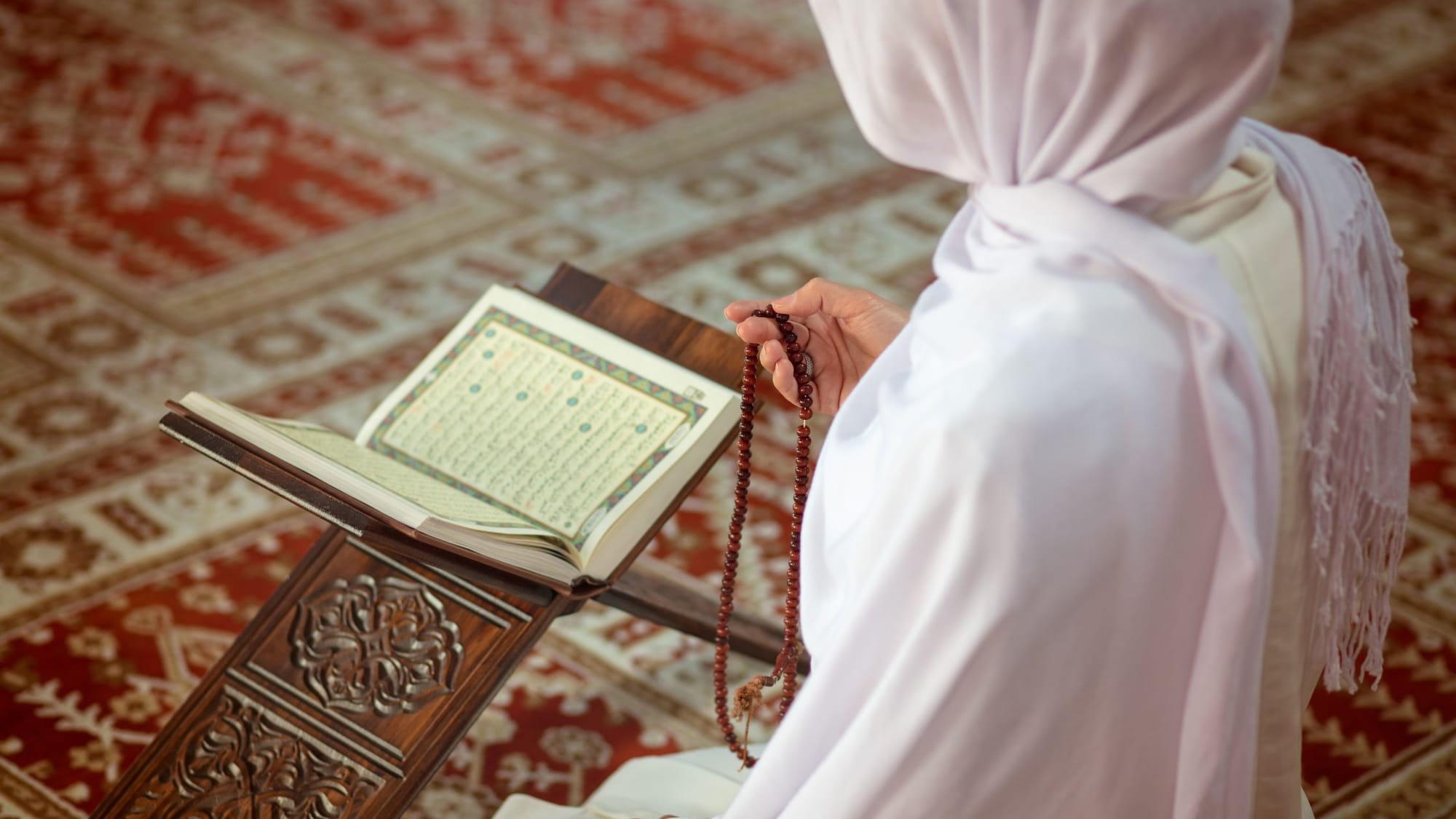
Female Quran reciters, or Qariahs, have a rich history across the Islamic world, though their visibility varies significantly by region. In countries like Indonesia and Malaysia, women reciters are celebrated and often participate in public recitations and competitions.
However, in many Middle Eastern and North African regions, the presence of female reciters in public has been more restricted, often influenced by stricter interpretations of Islamic law and societal norms.
The colonial legacy in places like Egypt shifted public perception and institutional support away from female reciters, as colonial powers often imposed Western gender norms and diminished women's roles in public religious life.
Theological Debates
A key theological debate concerning female reciters revolves around the interpretation of Quran 33:32, which advises the Prophet's wives to speak in a straightforward manner to prevent misunderstanding or malicious interpretation.
Some scholars have cited this verse to argue that women should avoid reciting the Quran aloud in the presence of non-mahram men (men who they could theoretically marry).
Others argue this interpretation is culturally constructed and not indicative of any explicit prohibition against women reciting the Quran publicly.
These differing interpretations have profound implications for the participation of women in religious practices.
Evidence Supporting Women's Public Recitation
Historical and prophetic traditions support the notion that women participated in the recitation and teaching of the Quran.
For instance, women like Umm Waraqa were appointed by the Prophet Muhammad to lead prayer in her own household, demonstrating early examples of female leadership in Quranic recitation.
Such accounts contradict the notion that women's public recitation is a modern innovation or inherently inappropriate.
Challenges Faced Today
Despite historical precedents and ongoing contributions, many female reciters today still face significant barriers.
Patriarchal structures within some Muslim communities continue to sideline female voices, limiting their public religious expressions and leadership roles. These challenges are not only cultural but also institutional, where religious authorities may fail to support or recognize female reciters.
This has broader implications for gender equality within Islamic societies, where women's visibility in religious and public life is a measure of broader social freedoms.
Read Also:

5. Why We Support Female Quran Reciters
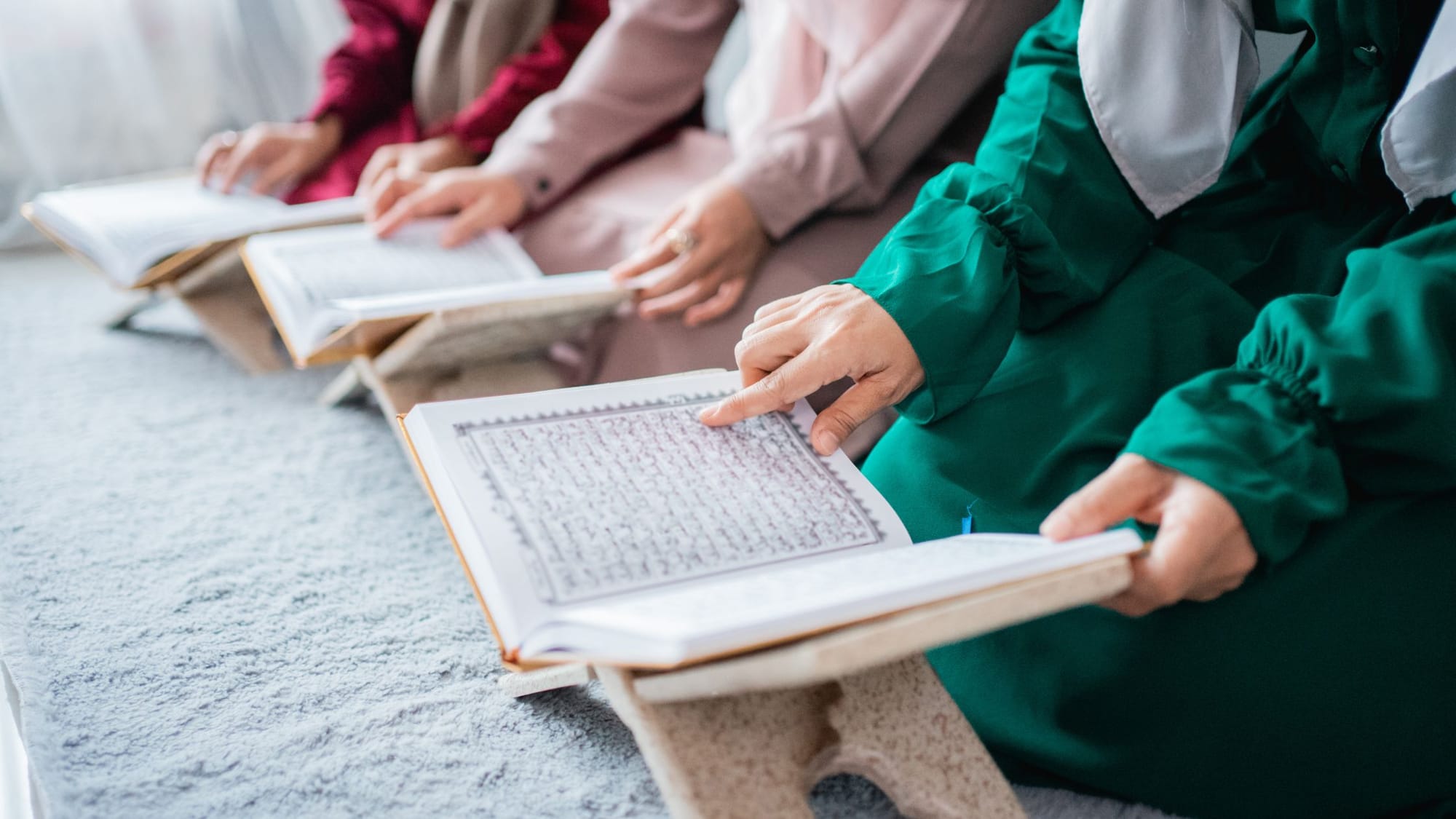
Women Empowerment
Female Quran reciters serve as pivotal role models in Quranic scholarship and recitation, demonstrating the inclusive nature of Islamic teachings. Their presence in this field empowers other women and reaffirms their rightful place in religious academic circles.
Having women as visible participants and leaders in Quran recitation challenges gender stereotypes and encourages a more balanced participation within the religious community, inspiring future generations of women to engage deeply with their faith.
This empowerment goes beyond personal growth, contributing to a broader cultural shift towards gender equality in religious practices.
Access to Female Reciters
Technological advancements and new platforms have significantly enhanced access to female Quran reciters, breaking down barriers that once kept their voices confined to private spaces.
Apps like Qariah are revolutionary, providing a space where women and girls can listen to and learn from female reciters exclusively, fostering a supportive environment that respects cultural sensitivities while promoting religious education.
These platforms are not just about providing services but are also a statement against the systemic exclusion of women from public religious life, paving the way for greater acceptance and normalization of women's roles in religious scholarship.
Misconceptions
There are persistent misconceptions about the permissibility and appropriateness of women reciting the Quran publicly. These views often stem from cultural biases rather than strict religious doctrine.
By highlighting legal and scholarly perspectives that support women's public recitation, we can clarify these misunderstandings and advocate for a more inclusive interpretation of Islamic texts.
Scholars who support female reciters often point to the absence of any direct prohibition against women reciting publicly in the Quran or Hadith.
Together, these points underscore the critical role that female Quran reciters play in shaping a more inclusive, equitable, and vibrant Islamic practice. Their contributions go beyond mere participation, challenging and transforming the traditional narratives surrounding women in Islam.
Read Also:

6. Who Are The Most Famous Female Quran Reciters?
There are several female Quran reciters who have gained recognition for their expertise and beautiful recitations, though they may not be as widely publicized as their male counterparts due to cultural norms in certain regions. Here are a few notable female Quran reciters:
- Sheikha Karima Carol Ashraf - She is one of the most prominent female reciters from Egypt. She is known for her deep knowledge of Tajweed and has been featured in various Quran recitation programs.
- Sheikha Ibtisam Al-Tamimi - From Saudi Arabia, she is another well-known female Quran reciter, recognized for her mastery of the different modes of Quranic recitation.
- Umm Saad (Sheikha Saadia Al-Ghamidi) - From Egypt, she was known for her strong command of Tajweed. She passed away in 2006 but left a significant impact on Quranic education for women.
- Sheikha Warda Al-Baz - She is known in Morocco for her recitations and has participated in many national and international Quran recitation competitions.
- Sheikha Amina Bint Abdulhalim - Recognized for her contributions in Sudan, she has been a significant figure in teaching and promoting Quranic education among women.
Final Thoughts
The unique sound of the Quran recited by women adds depth and healing to our spiritual lives. It's important to recognize and support female Quran reciters, ensuring their voices are heard and appreciated within the community.
Let’s support platforms that highlight female Quran reciters' work and give them the space they deserve in the religious sphere. By promoting female reciters, we uphold the spirit of inclusivity in Islam and help foster a sisterhood where everyone’s contributions are valued.
Frequently Asked Questions
1. Who is a Qariah?
A Qariah is a woman who recites the Quran. This role is crucial in the preservation and dissemination of Quranic knowledge, and Qariahs often serve as educators and spiritual guides within their communities.
2. Should Women Recite the Quran in Public?
Many Qariahs are public reciters in their own countries, supported by senior scholars. While cultural norms vary, the app provides a safe space for women to engage with Quran recitations at home without concerns about non-mahram men overhearing, addressing any fiqh-related hesitations regarding public recitation.
3. Why are there few well-known Qariahs in some countries?
This often stems from differing scholarly opinions regarding women's public recitation and its appropriateness in front of non-mahram men. Historical, cultural, and sometimes political factors also play roles, especially changes brought by colonial influences or specific religious fatwas.
4. Is there evidence from Prophet Muhammad's time supporting women's public recitation?
There is no direct evidence prohibiting women's recitation being heard by men. Narratives from the Prophet’s time show women learning and reciting the Quran, indicating their active participation in religious practices.


